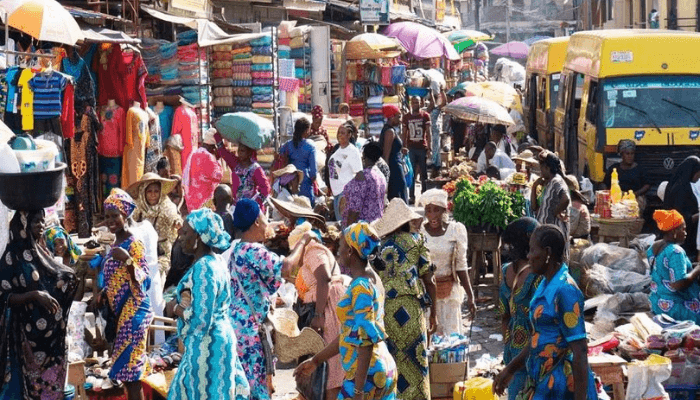Businesses in Nigeria maintained a positive performance streak of 113.6 points as the Business Confidence Monitor (BCM) index remained in the expansion region for the sixth consecutive month in 2025.
According to the NESG-Stanbic IBTC Business Confidence Monitor (BCM) released yesterday, the Current Business Index rose to113.6 points in June, up from 109.8 points in May 2025. This performance is attributed to several tailwinds, including easing inflationary pressures, improved investor confidence and climate, and stronger business resilience across key sectors.
Sectoral analysis showed expansion across all sectors and broader economic activities. Strong business growth was observed in Manufacturing (123.6), Non-manufacturing (120.7), and Trade (121.0) in June 2025. The Agriculture and Services sectors also expanded, though only slightly above the origin (100 index points), reaching 108.9 and 106.3 index points, respectively. However, non-manufacturing’s performance declined when compared with its May 2025 level of 122.2. This decline is linked to factors such as credit squeeze, rising inventories due to weak demand, and high (weak) exchange rates, which fuel imported inflation and escalate production costs, especially as many companies in this sector depend on imported inputs.
The report highlighted that “NESG-Stanbic IBTC BCM index for the manufacturing sector showed that businesses experienced expansion, recording an index of 123.6 points in June 2025. This marks a significant improvement from 114.4 points in May 2025.
“The uptick reflects stronger performance across key sub-sectors, boosting overall manufacturing output in Nigeria. Major contributors to this expansion include Textile, Apparel & Footwear; Cement; Plastic and Rubber Products; Wood and Wood Products; and Pulp, Paper and Paper Products.”
It however noted that despite this progress, manufacturers highlighted persistent structural constraints, raw material shortages, unreliable electricity, high import tariffs, inflation, and insecurity, among others.
The report noted that “despite the overall positive trend, structural challenges constrained broader business growth. Key BCM sub-indices; investment, export, supply order, prices, and employment recorded lower values compared to the previous month.
“The cost of doing business also rose in June, reversing the slight relief observed in May 2025. Businesses identified major constraints such as limited access to financing, persistent electricity supply shortages, inconsistent economic policies, inadequate foreign exchange availability, and elevated commercial lease and rental costs.”
The report added that “the generally optimistic outlook for Nigerian businesses is driven by a combination of seasonal economic activity, policy-driven interventions, relative exchange rate stability, ongoing infrastructure development, and a gradual recovery in consumer demand.
“These drivers continue to support cautious optimism across various sectors, particularly in Agriculture, Retail Trade, Non-manufacturing, and Services. As these positive trends continue to build momentum, many businesses are positioning themselves to take advantage of new opportunities and more favourable operating conditions.”





